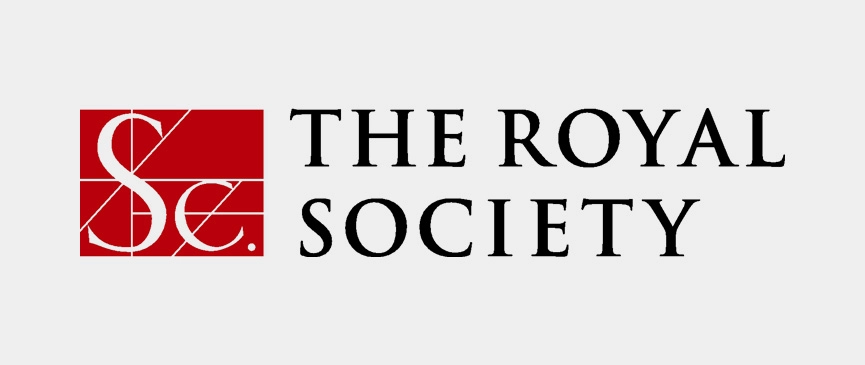Main content
The Royal Society Prince of Asturias Award for Communication and Humanities 2011

The origins of the Royal Society go back to 1640, to the meetings held in London by natural philosophers and scientists of the so-called ‘invisible college’, though it was officially constituted on 28 November 1660. Following a lecture by the architect Sir Christopher Wren, the decision was taken to found a society for ‘the Promoting of Physico-Mathematicall Experimentall Learning’. Since then, its fellows –who are elected for life on the basis of scientific excellence– have included names such as Isaac Newton, Charles Darwin, Benjamin Franklin, Albert Einstein and Stephen Hawking. The Society currently has approximately 1,500 fellows and foreign members, including over 75 Nobel Laureates as well as five members of the British Royal Family, including H.M. Queen Elizabeth II. The Society is governed by an elected council of 21 fellows presided over by Sir Paul Nurse, Nobel Laureate in Medicine.
The Royal Society fulfils three fundamental objectives: it is the National Academy of Sciences, a scientific society and also a funding body. It provides funding for more than 460 post-doctoral grants and 17 chairs. Its grants scheme covers over 3,000 British and foreign scientists and is designed to improve the UK’s scientific base and foster collaboration between countries. It organises lectures, scientific meetings and research projects, while its library, with over 70,000 titles, houses one of the world’s most important collections of scientific publications from the 17th and 18th centuries. It also publishes eight journals, including Philosophical Transactions, the oldest existing scientific publication.
The Royal Society has provided scientific advice to policy makers since 1664. The Science Policy Centre was established to strengthen the independence of science both in the United Kingdom and at an international level and as a centre for debate between science, society and politics. Its current projects include: The Atlas of Islamic-World Science and Innovation; the Brain waves project, on the evolution of neuroscience and its social implications; Knowledge, networks and nations: Global scientific collaboration in the 21st Century; People and the planet: the role of global population in sustainable development; Nuclear non-proliferation; and a project on solar radiation management governance.
In 2009, the Society celebrated its 350th anniversary with the setting up of an interactive Internet service, providing access to a showcase of over 60 important scientific articles published since its creation and illustrated with comments from prominent contemporary scientists and historians. These articles include, among others, the description of a blood transfusion in 1666, the study published by Newton on light and colours, documents by the explorer James Cook or what the conditions were that led Benjamin Franklin to invent the lightning conductor. The Royal Society awards eleven medals and nine awards and prize lectureships, including the Copley Medal, the most prestigious scientific award in the United Kingdom, which it has bestowed since 1731.
End of main content
